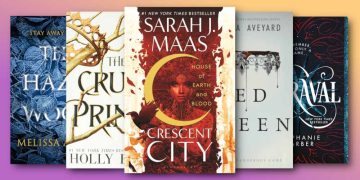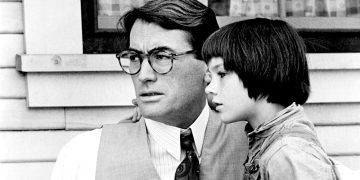The unwritten "rule" of creativity and artistry is that one must suffer in order to produce works that last forever. That sentiment has been accurate for many, including: Van Gogh with his ear, John Lennon with his childhood, Earnest Hemingway with World War I, and more.
For writers specifically, it's well-known that many have struggled—and some have even come to hate the process of writing itself, given that it can last for years with no end in sight as the author slowly drives themself mad with the obsession of finishing a work.
Sometimes, the writing experience is so bad and so traumatic that the author is unable to pick up from where they left off, unable to ever write another meaningful page published. They've subsequently died trying to get back what they once may have loathed.
Writer's block has affected more writers than can be counted, and in some cases, it has come at the expense of their talent. Here are several world-renowned writers who suffered from the mental anguish of writer's block and never recovered from it.
4. Samuel Taylor Coleridge
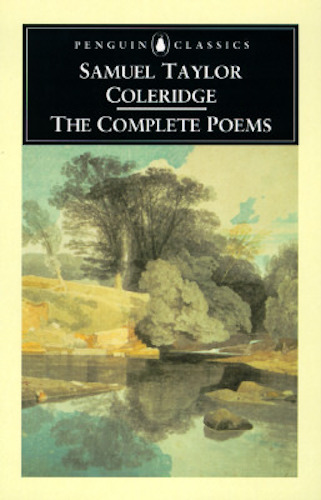
One of the original faces in the romantic movement, Samuel Taylor Coleridge was prolific during his mid-twenties, churning out poetry that has lasted the generations since his death.
He was also a fine literary critic (which sustained him into old age) but Coleridge found himself unable to write once he entered his early thirties. He wrote about it in a journal entry on his 32nd birthday, bemoaning how he hadn't written in a year what could've been written in a month.
Around this time, Coleridge became a severe opium addict and eventually died at the age of 61, never having managed to get back the poetic grace that had once consumed him.
As a side note: Coleridge was an influential player in Shakespeare's resurgence during the early 19th century, giving a series of lectures that ignited renewed interest in the immortal bard.
3. Harper Lee
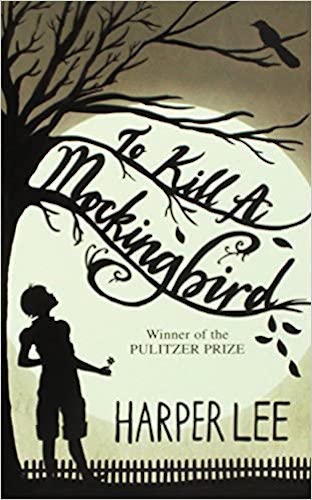
Here we have the famous author who sends shivers down the spines of any adult who had to read To Kill a Mockingbird in school while analyzing it to death. Harper Lee's book was the only complete story she managed to publish in her lifetime.
That novel was first published in 1960 to critical acclaim, and she spent the rest of her life trying to write further works; however, all that ever came next was the novel Go Set a Watchmen. (The book, released in 2015, was promoted as a sequel to To Kill a Mockingbird, but was eventually confirmed to be its first draft and not a new work.)
Harper Lee was lifelong friends with Truman Capote—the aforementioned writer who also suffered a career-ending block—and it's suspected that he helped Lee write some of the pages for her first novel.
To Kill a Mockingbird has several real-life inspirations from Lee's childhood riddled throughout its story. For instance, her father defended two black men accused of murder, and Truman Capote used to come and visit the family in the summers (much like Dill does in the book).
2. Truman Capote
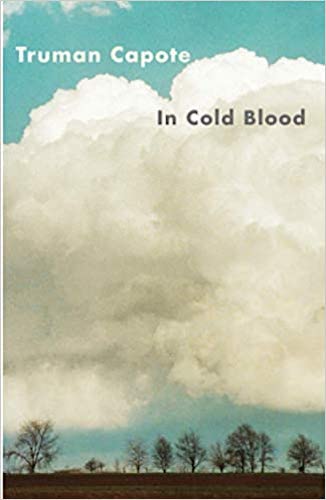
Truman Capote was one of America's greatest living novelists when he began to write In Cold Blood, a true-crime story about the murder of several members of the Cutler family in 1959.
He had already written other classic novels such as Breakfast at Tiffany's and Other Voices, Other Rooms (the former was adapted into the highly successful film starring Audrey Hepburn).
He would spend six years working on In Cold Blood before it was published in 1965, when it became an instant hit and led to critical adulation. However, Capote would never write another novel again despite various attempts.
In his remaining years, Capote wrote several journalistic pieces and indulged in a hedonistic lifestyle which drove him to drug abuse, eventually leading to his death in 1984.
It's speculated that Capote's research while working on the book affected him mentally, causing the writer's block. This is unconfirmed.
1. Herman Melville
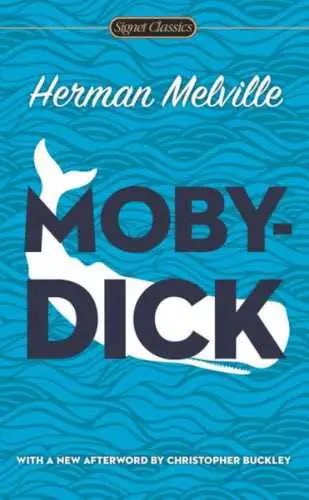
Herman Melville wrote the finest piece of literature in all literary history in Moby Dick. The book is a towering tale of obsession, greed, power, and capitalism rolled into one man's search for a monstrous whale.
Upon his death in 1891, Melville had no money to speak of and was forgotten by most of his contemporary literary minds. He published Moby Dick at the age of 32 and continued to write more novels until 1957, though none of them found critical acclaim.
He spent the rest of his life trying to write more, but found no joy in it... so he became a poet, which saw him through his final years. When he died, several contemporary figures spoke of his work in glowing fashion, and many couldn't understand why he hadn't seen more success in his life.
His work—especially that of Moby Dick—was rediscovered around 100 years after he passed, and is the reason for his lasting legacy. Herman Melville epitomizes the cliche of someone underappreciated in their time.

